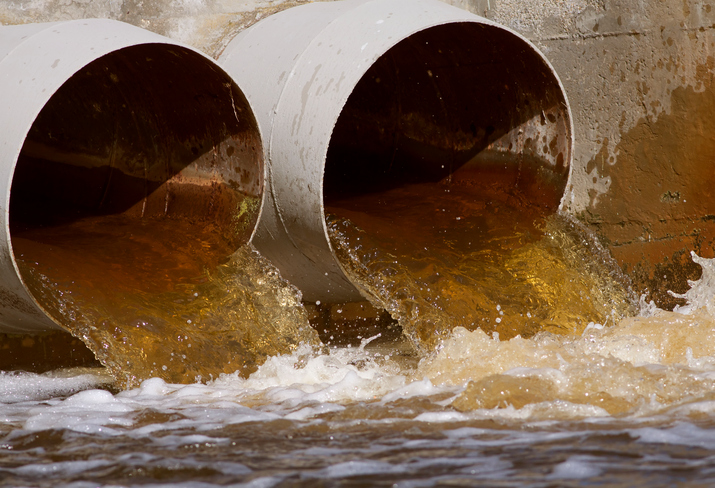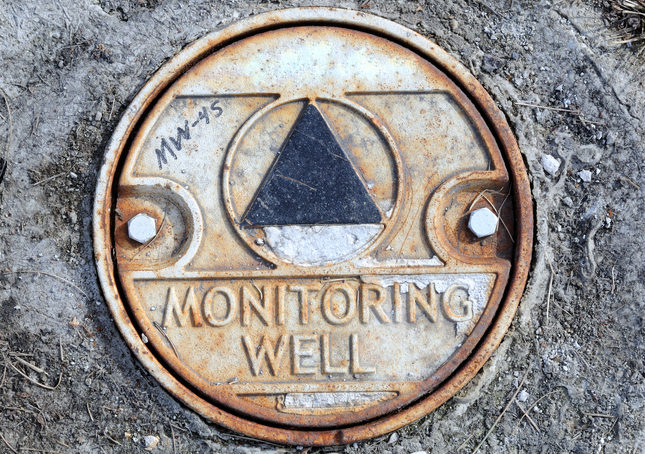New York City is 305 square miles and about 72 percent of that space is covered with impenetrable surfaces like rooftops, roadways, and playgrounds. So when it rains in the metropolis, the precipitation floods storm drains and sewers. With what some call an antiquated sewer system that treats about 1.3 billion gallons of city wastewater on a dry day (and twice that during moderate rainfall) coupled with a growing population, the Big Apple is experiencing increasing problems in treating the bacteria found in the City’s …
Continue Reading






